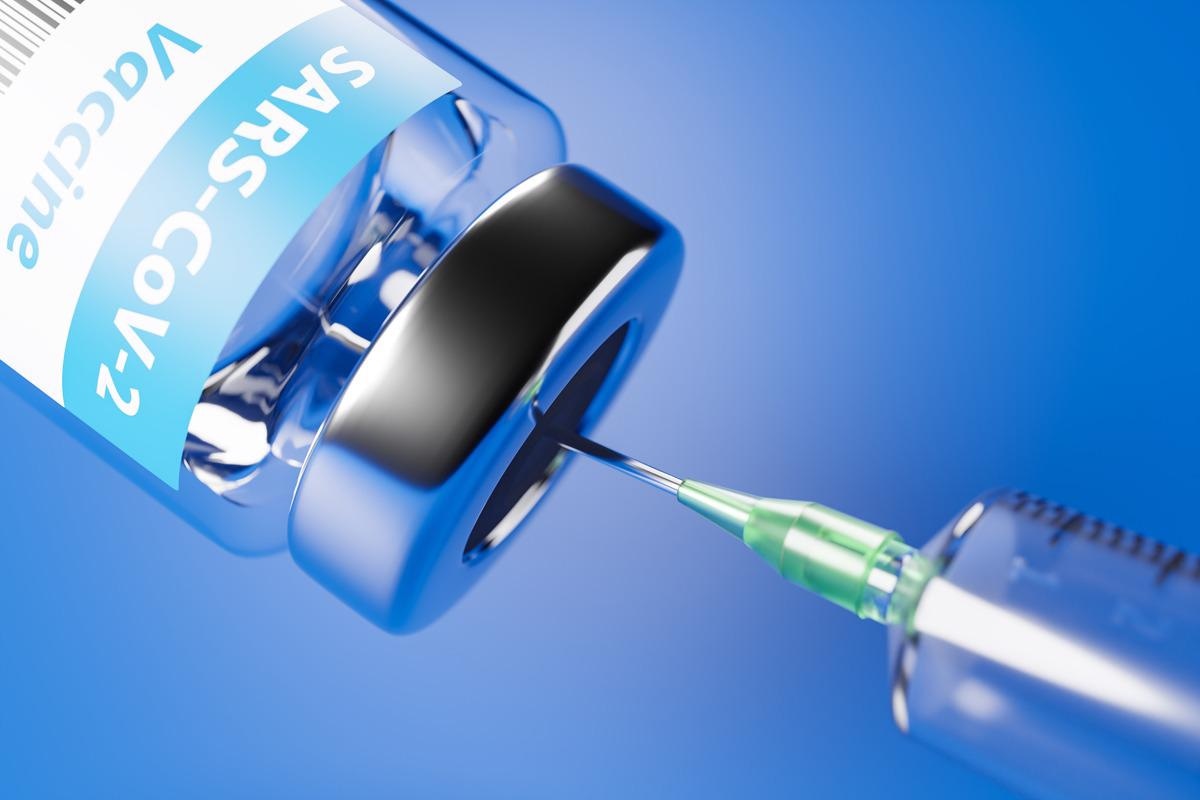The coronavirus disease 2019 (COVID-19) pandemic, caused by a global outbreak of severe acute respiratory syndrome coronavirus-2 (SARS-CoV-2), is still an ongoing crisis that has had a massive impact on the global healthcare system and economy. Several studies have observed persistent COVID-19 symptoms for a prolonged period, and this condition has been termed post-acute sequelae of COVID-19 (PASC) or long COVID.
 Study: The protective effect of covid-19 vaccination on post-acute sequelae of covid-19 (pasc): a multicenter study from a large national health research network. Image Credit: Andreas Prott/Shutterstock
Study: The protective effect of covid-19 vaccination on post-acute sequelae of covid-19 (pasc): a multicenter study from a large national health research network. Image Credit: Andreas Prott/Shutterstock
Background
According to a recent study, up to 70% of convalescent patients suffer a wide range of symptoms for many months post-infection, including persistent loss of taste or smell, fatigue, cough, headache, pain, and shortness of breath. Some patients also suffer far more serious consequences after recovering from COVID-19 infection, such as complications associated with the pulmonary, renal, neurological, endocrinological, and cardiovascular systems.
Most countries worldwide have initiated rapid COVID-19 vaccination programs to protect individuals from SARS-CoV-2 infection. Scientists revealed that COVID-19 vaccination has effectively protected individuals from infection as well as reduced disease severity. Not many studies have determined the efficacy of COVID-19 vaccination against PASC or long COVID.
A new study
A new study published in Open Forum Infectious Diseases has focused on analyzing the efficacy of COVID-19 vaccination against PASC, utilizing multicentre data across the USA. In this study, scientists obtained data from the TriNetX research network platform. The data comprised three months of follow-up reports, i.e., from September 21, 2020, to December 14, 2021, of adults with confirmed COVID-19.
The authors of this study mentioned that they included post-follow-up results before December 14, 2021, to avoid the influence of the SARS-CoV-2 Omicron variant in their analysis, which has a high rate of breakthrough infection.
Key findings
Scientists demonstrated that the COVID-19 vaccine can effectively protect individuals against SARS-CoV-2 disease and reduce mortality substantially. Importantly, this study revealed that vaccination had lowered the probability of incidence of new or persistent PASC symptoms. These findings imply that unvaccinated individuals are at a higher risk of death and morbidity within three months after SARS-CoV-2 infection.
The current study also reported that individuals with breakthrough infection after COVID-19 vaccination are at a lower risk of developing long COVID or PASC symptoms than the unvaccinated group. It demonstrated that vaccination leads to a rapid COVID-19 recovery. These findings are in line with previous studies that reported COVID-19 vaccination prevented the development of severe illness.
The authors have reported some of the new symptoms associated with PASC; these include diabetes, and hypertension, which were not prevalent before COVID-19 infection. However, it is unclear if these conditions are permanent or would cure with time. Scientists stated that they could not rule out that these conditions could have remained undiagnosed in patients and might have accelerated post-COVID-19 infection.
Scientists also hypothesized that as COVID-19 vaccination reduces inflammatory response during the acute phase of the infection, it might be the reason for a lower rate of PASC in the vaccinated group compared to the unvaccinated group.
In this study, an under-representation of vaccinated status in TriNetX data was observed, i.e., individuals considered under the unvaccinated group might be actually vaccinated with the COVID-19 vaccine. The authors stated that this incorrect categorization would lead to an underestimation of the efficacy of the COVID-19 vaccine against PASC.
Limitations
The present study has several limitations, including the inclusion of data from electronic medical records for analysis. Many individuals with mild symptoms might not have sought medical help or consulted a clinician. Hence, these data would be missing from the electronic medical records. Another limitation highlighted by the authors is that the true number of PASC among COVID-19 patients was not determined because COVID-19 asymptomatic patients were not tested for SARS-CoV-2 infection.
Researchers also stated that the study cohort lacked details about the outcome of COVID-19 infection; it just contained data about the vaccination status and confirmed infection. Finally, as this is an observational study, the cause behind the findings could not be inferred.
Conclusion
In this study, the authors reported that COVID-19 vaccination lowered the risk of incidence of PASC or long COVID. The findings of this study reinforced the importance of COVID-19 vaccination to prevent PASC and to protect against severe SARS-CoV-2 infection.